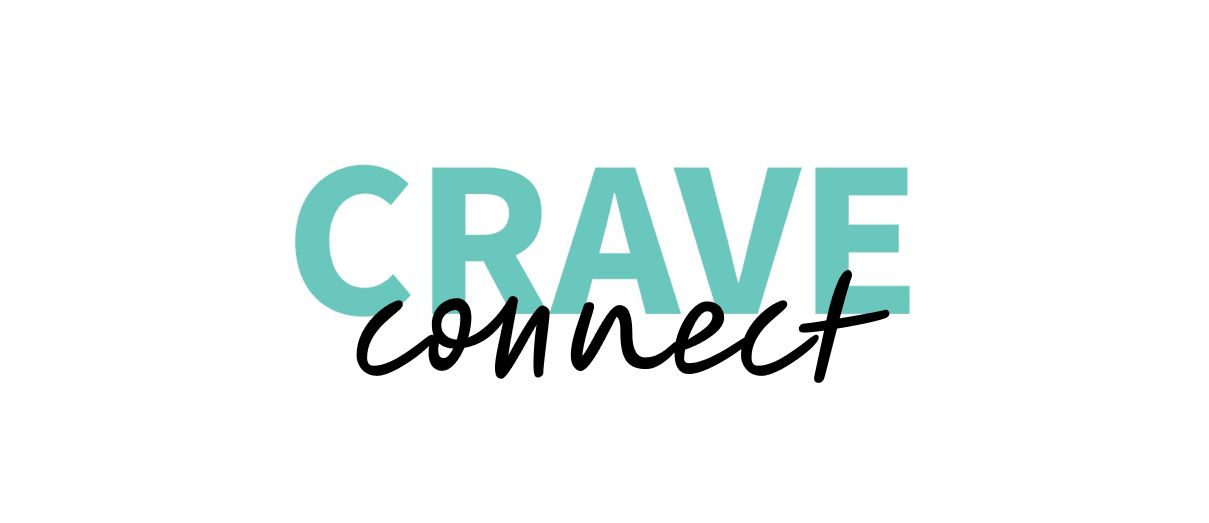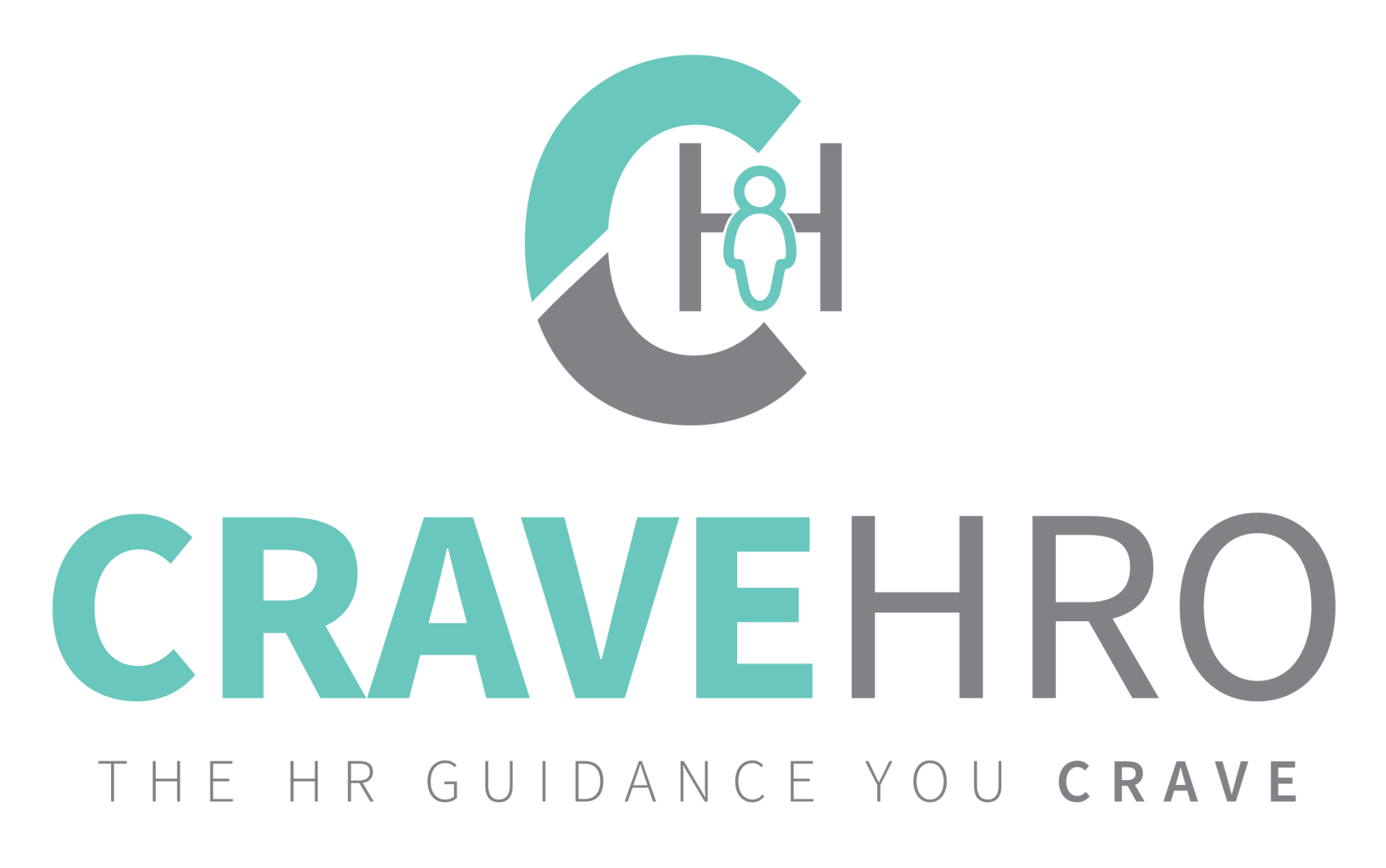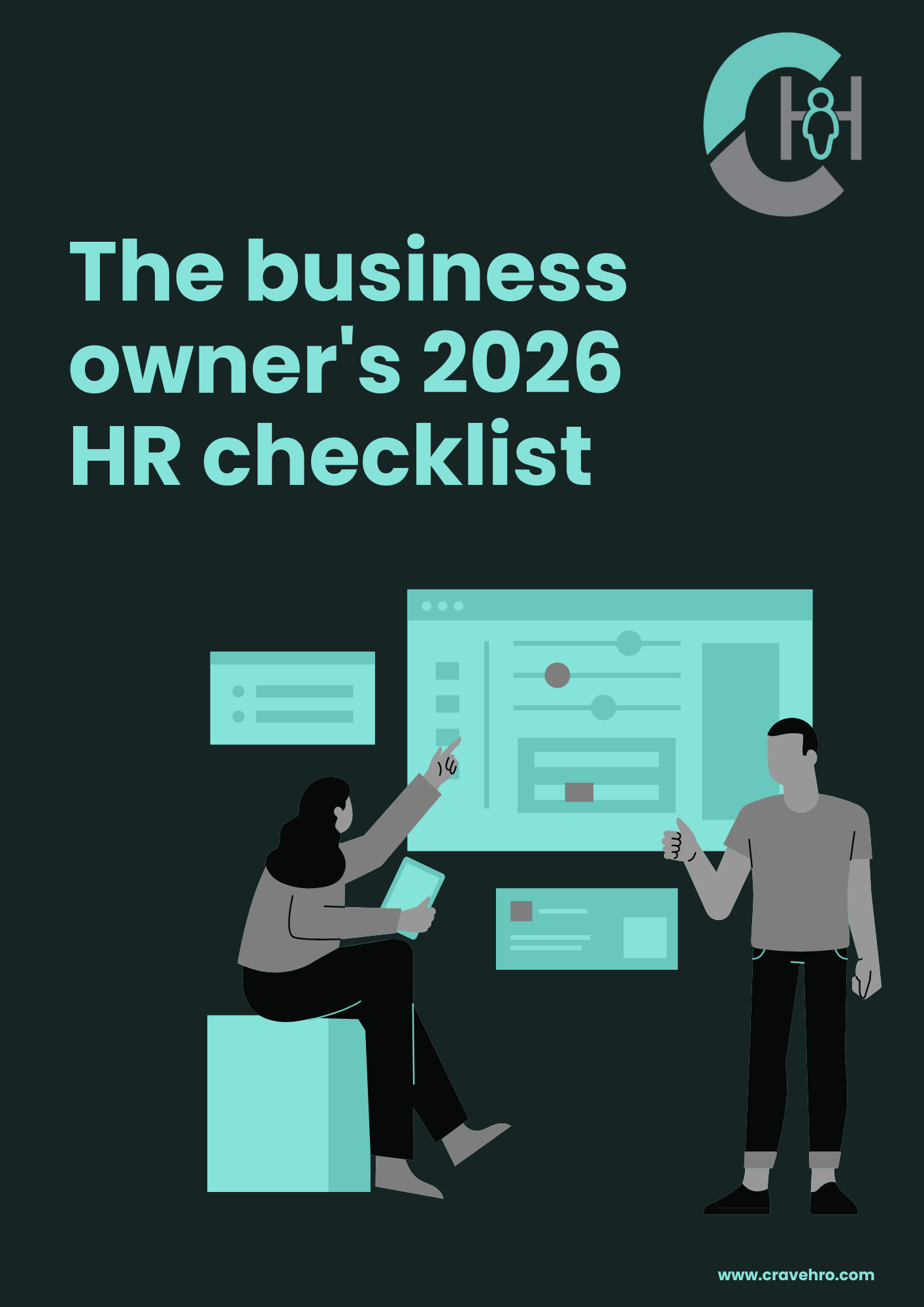
March 24, 2025
There are moments in HR where you stop, blink at your screen, and think:
“Did they really just say that?!”
Spoiler: he did.
Let’s rewind.
An employee gave me one of the most honest, insightful, detailed exit interviews I’ve ever participated in.
He wasn’t petty. He wasn’t bitter. He was brave.
He described a workplace where anyone who didn’t fit the mold felt unsupported, or straight-up retaliated against. He handed over the kind of feedback companies say they want.
So I did my job.
- Documented his concerns
- Provided HR insight
- Proposed clear solutions (partnerships, audits, training, etc.)
This wasn’t radical. It was standard. Or at least I expected it to be.
Instead? I got a reply from the CEO that read like a personal manifesto. 10 paragraphs. No detail spared.
It started like this:
“Our employees need look no further than yours truly to understand that this company is, in fact, diverse.”
Oh? Do tell.
He explained:
- He has family from Puerto Rico.
- He grew up poor and went to college on a scholarship.
- He had once said something racist and learned a lesson from it.
Then came this unforgettable opening to his redemption arc:
“I was growing up in a racist environment learning about mean (insert N-word), stupid (insert slur for Polish people), slow (insert slur for Spanish people)...”
He sent me racial slurs in the name of strategy.
I told him that was not the move. Inappropriate. Not in line with what employees were asking for. That diversity is not a one-man monologue. That storytelling from the top isn’t a substitute for actual change.
He did not like that. His reply?
“Yes, it is clear that you view in poor taste the link I have made between myself and diversity.”
Correct, sir. I do. I also view it as a major red flag, and a case study in what happens when no one tells the boss no.
But wait - there’s more:
- He asked if our training would cover “reverse racism”.
- He dismissed microaggressions unless someone formally filed a complaint.
- He offered (again) to share his “story” with the team because he thought it might motivate them.
He genuinely believed he was the posterchild for the company’s diversity initiative.
It’s easy to roll your eyes at the absurdity. It’s harder to sit with the truth: this man was in charge. Of pay. Of hiring. Of policy. Of culture. He wasn’t the only one who thought this way - he was just the only one bold (or completely clueless) enough to put it in writing in an email, uncensored, to the HR Lady.
It was classic corporate delusion disguised as “inclusion.”
And then, the slow fade began.
I created a one-pager on the importance of diversity as part of a larger internal initiative. Each department had one. All of them were printed and posted for all to see.
Mine? Mysteriously missing.
My work disappeared, but the CEO's ego didn't.
For context:
- 50+ employees
- Fewer women than I can count on both hands (yup, you guessed it - none in leadership roles).
- Zero black employees. Not just during my time there - in the company’s entire decades-long history.
But Juneteenth was a paid holiday, so - progress. AmIright?
Let’s call it what it is:
🛑 It's performative.
🛑 It's toxic.
🛑 It's what happens when HR is told to speak up - but only if what we say flatters the people in charge.
I didn’t get fired for calling it out, but I got frozen out. Meetings stopped. Support vanished just like my project. The writing was on the wall and my flyer wasn’t.
If your instincts are screaming “this isn’t right,” listen to them.
You’re not too sensitive. You’re not too outspoken. You’re not a bad cultural fit.
You’re just in the wrong room.
And sometimes? The most equitable thing you can do is leave.











